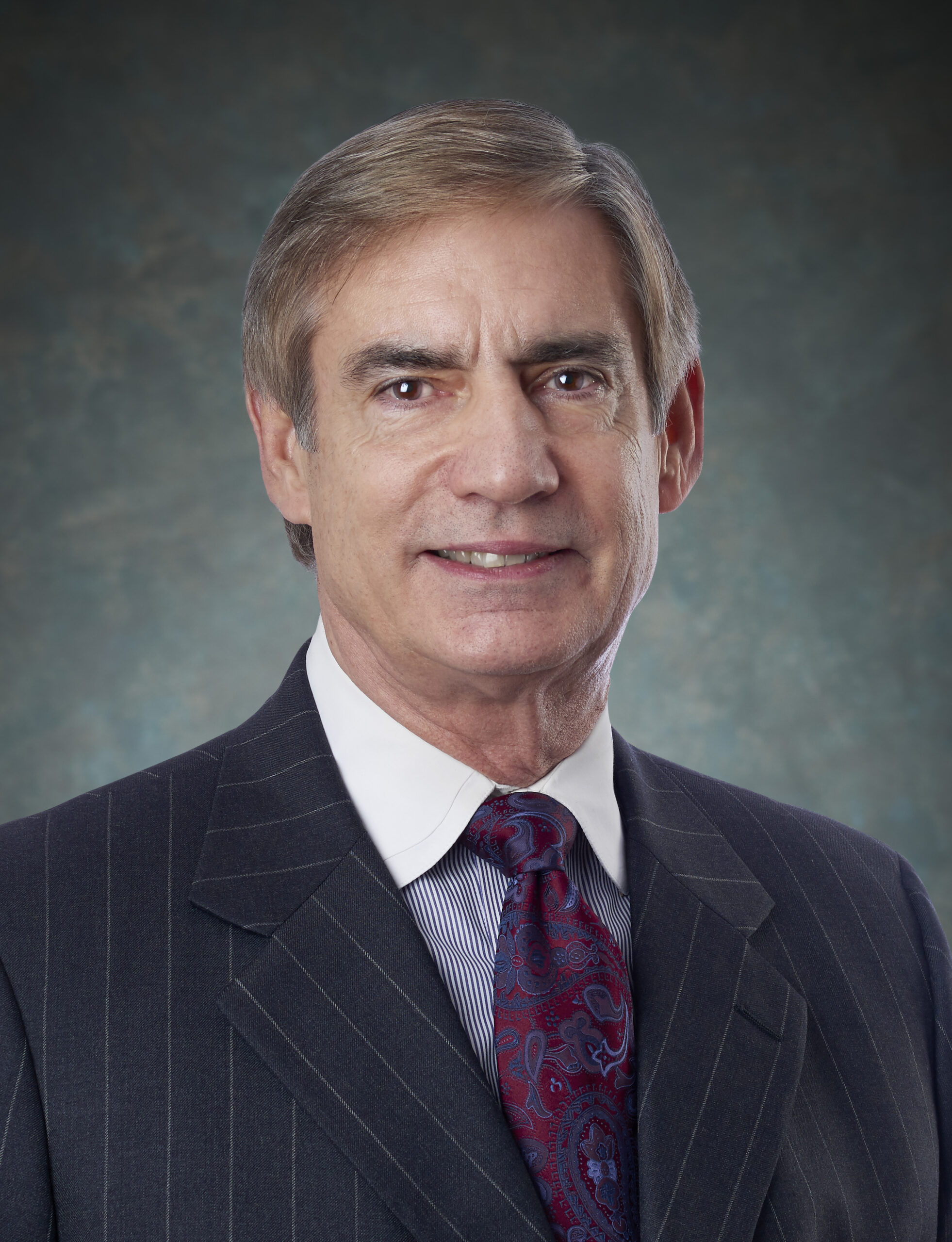Under the Coverall System, the franchisor, before 2009, entered into all cleaning contracts with building owners and managers, and the franchisor billed customers for services provided by its franchisees. Coverall deducted its franchise fees and related fees from payments it collected from customers and remitted the balance to the franchisees. A group of franchisees initiated the case as a class action, claiming, among other things, that they were misclassified as independent contractors and were thus denied certain employment benefits such as minimum wages, overtime pay, and eligibility for unemployment and workers’ compensation.
On March 23, 2010, the federal district court in Massachusetts ruled in favor of the franchisees on the misclassification issue. See Awuah v. Coverall N. Am., Inc., 707 F. Supp. 2d 80 (D. Mass. 2010). The court applied Massachusetts’ three-pronged test for determining whether an individual is an independent contractor under Massachusetts’ Independent Contractor Statute, which requires a putative employer to prove: (i) the worker is free from control and direction in connection with the performance of a service; (ii) the service performed is outside the usual course of business of the employer; and (iii) the worker is customarily engaged in an independently established trade, occupation, profession, or business of the same nature as that involved in the service performed. The district court found that Coverall failed to demonstrate the second prong, that the franchisees performed services outside of the usual course of Coverall’s business. It relied on the facts that Coverall generally contracted directly with customers and that it billed them directly. The court also found that Coverall sells cleaning services, the same services sold by the franchisees. In response to Coverall’s argument that it sold franchises rather than cleaning services, the court disturbingly opined: ‘Describing franchising as a business in itself, as Coverall seeks to do, sounds vaguely like a description for a modified Ponzi scheme . . . .’ Id. at 84.
The federal district court set out to determine the damages available to the franchisee-employees based on the misclassification. Because it found no clear state law guidance on the issue, it certified the question of recoverable damages to the highest state court, the Massachusetts Supreme Judicial Court. The state court considered three specific questions: (i) whether Coverall could transfer the money owed to its franchisees at the time that the customer pays for the franchisee’s work rather than at the time the work is performed (as Coverall did, since it handled billing directly); (ii) whether the franchisee could recover the cost of workers’ compensation and other work-related insurance, which an employer is statutorily required to pay; (iii) whether Coverall and its franchisees could agree that Coverall could withhold payments if a customer did not remit payment (Coverall’s so-called ‘chargebacks’); and (iv) whether Coverall and its franchisees could agree that the franchisee would pay the cost of workers’ compensation and other work-related insurance. See Awuah v. Coverall N. Am., Inc., 952 N.E.2d 890 (Mass. 2011).
On August 31, 2011, the state’s Supreme Judicial Court ruled against Coverall on all of the questions. It held that Coverall could not require the employee-franchisees to pay for their own workers’ compensation and insurance, and that they could recover such premiums in this case. It also held that Coverall must transfer the money owed to its employee-franchisees at the time the work is performed, regardless of whether the customer has paid for it. In a later opinion, the federal district court decided that the franchisees could recover treble damages dating back to 2006, in addition to the franchise fees, insurance premiums, and attorneys’ fees the court originally awarded. Awuah v. Coverall N. Am., Inc., No. 07-10287-WGY, 2012 WL 910260 (Mar. 15, 2012).
Another federal district court judge in Massachusetts recently applied and followed the Coverall precedent. In a hearing held on June 6, 2012 in De Giovanni v. Jani-King, No. 07-10066-MLW (D. Mass.), the court held that franchisees of the Jani-King commercial cleaning franchise should have been classified as employees. As in Coverall, the court relied on the requirement that an individual must be performing a service outside of the usual course of the employer’s business in order to be an independent contractor. It found that Jani-King’s franchisees did not perform services outside the course of Jani-King’s business, relying on evidence such as Jani-King’s website, which advertises its ‘commercial cleaning services,’ and the fact that its contracts with both franchisees and customers state that it is in the business of providing commercial cleaning and maintenance services.
While these cases have dealt primarily with commercial cleaning franchises in Massachusetts in which franchisors bill and collect for services provided by franchisees, they highlight the importance of properly structuring and operating any franchise system. Because other states have adopted similar standards for determining independent contractor status, the Massachusetts cases may have widespread ramifications for some franchise systems.
Carl Zwisler, IDI franchising Country Expert for U.S.A. and Maisa Jean Frank Gray Plant Mooty.
